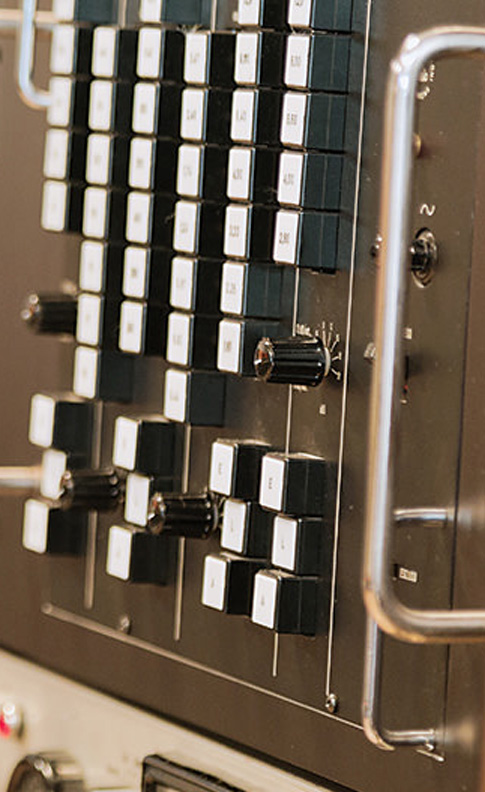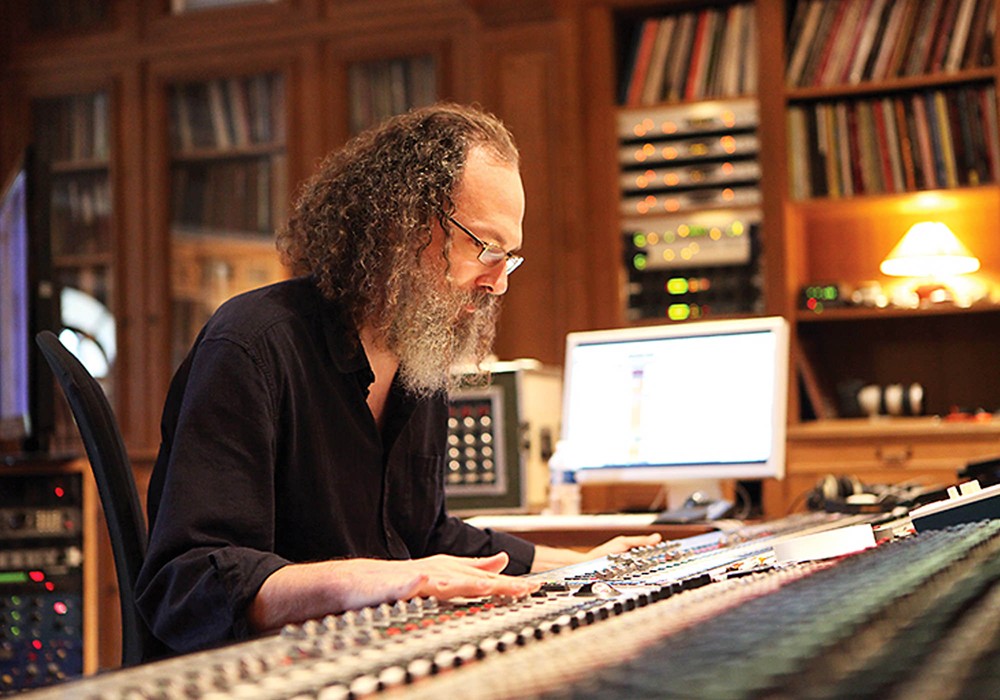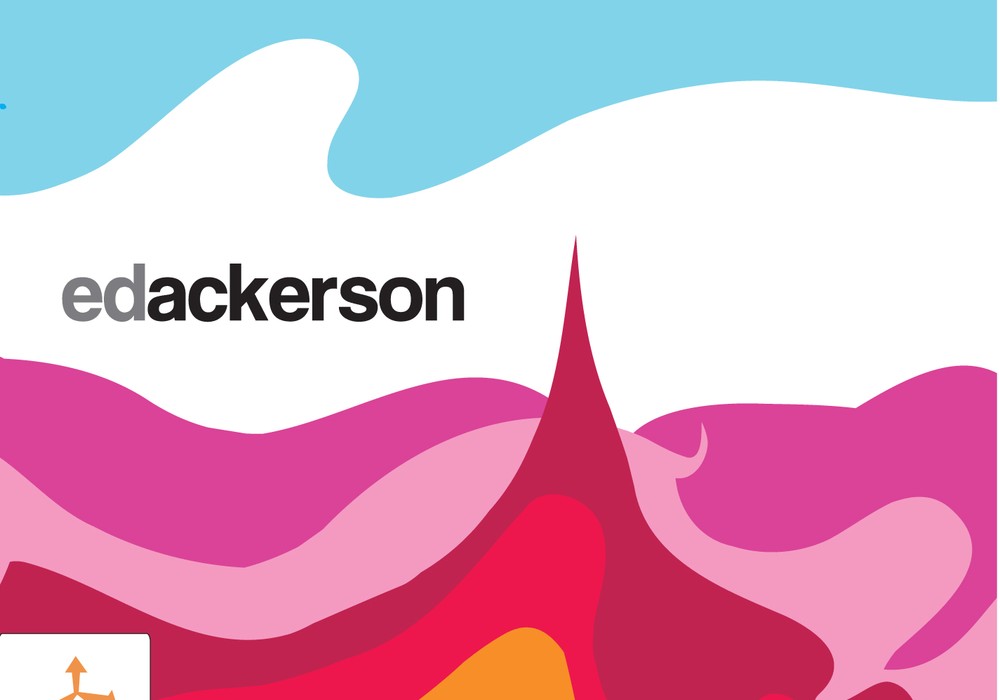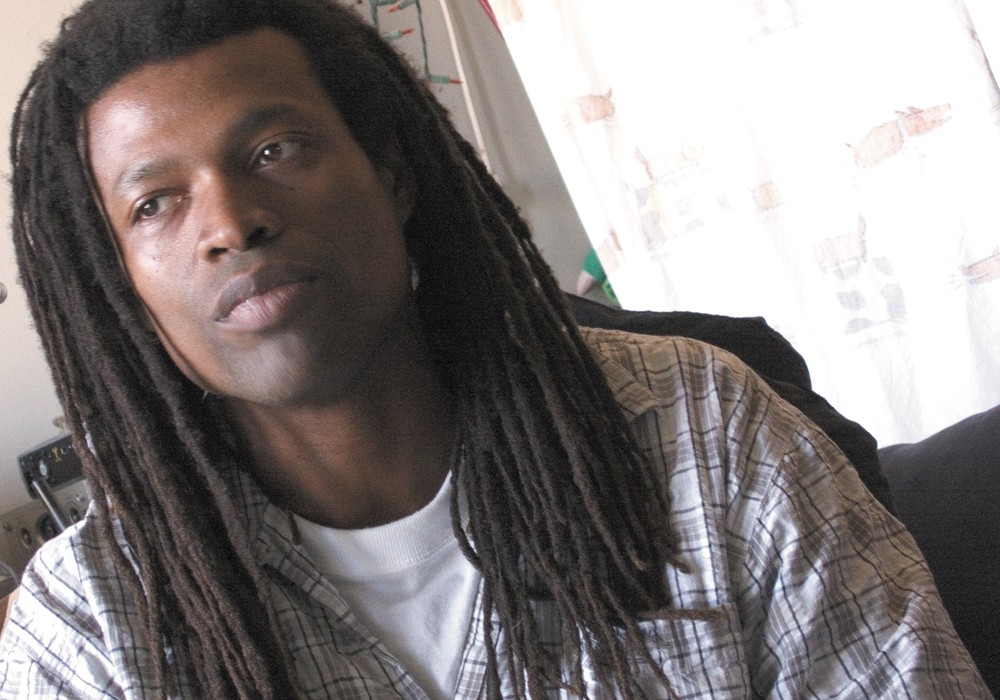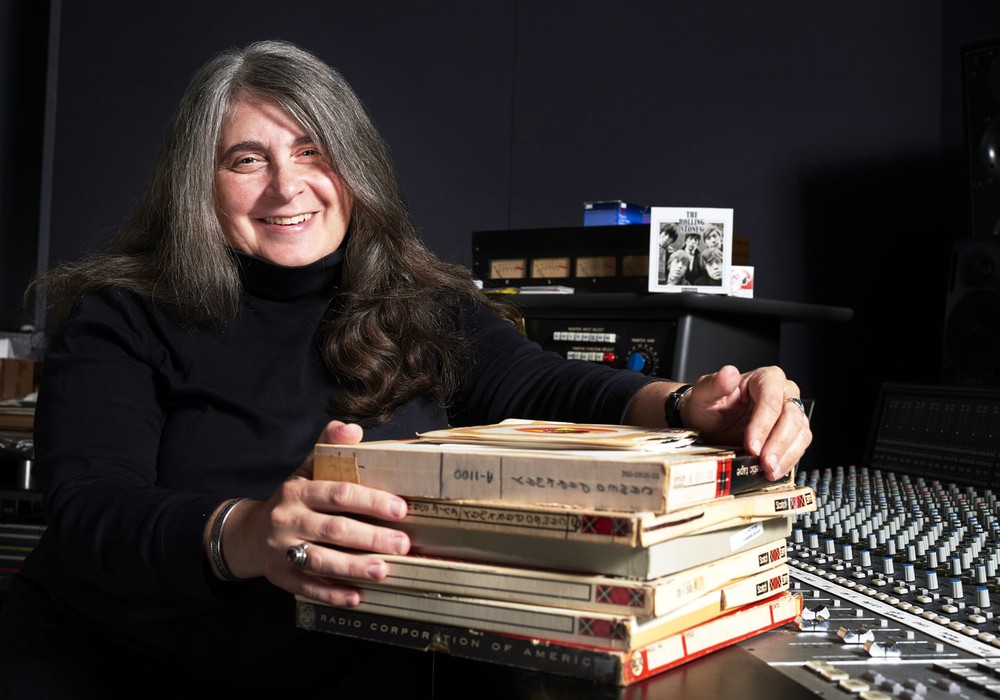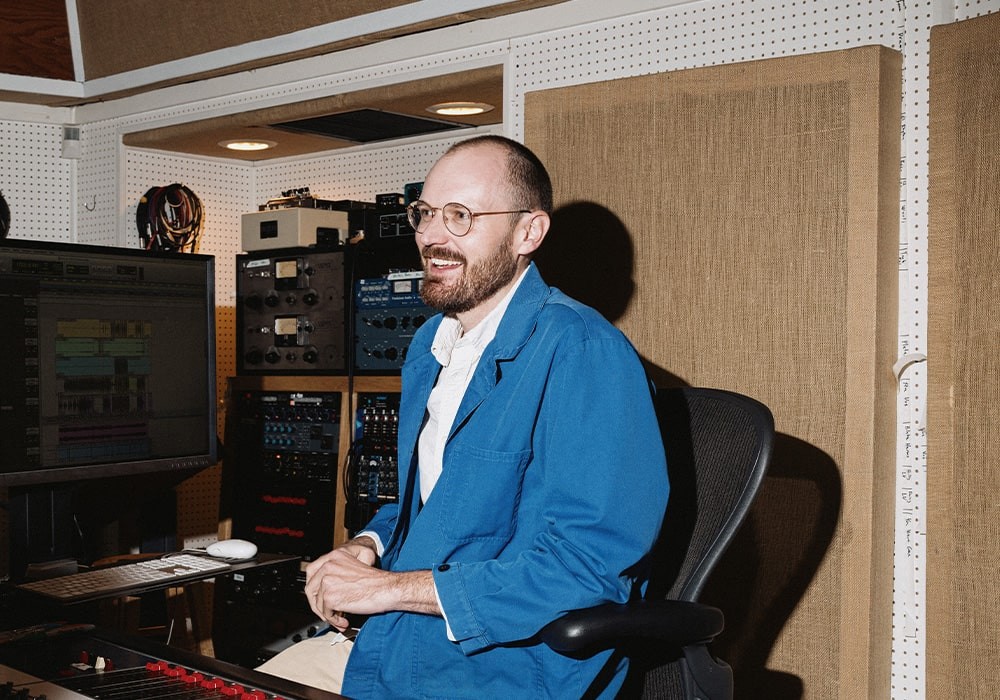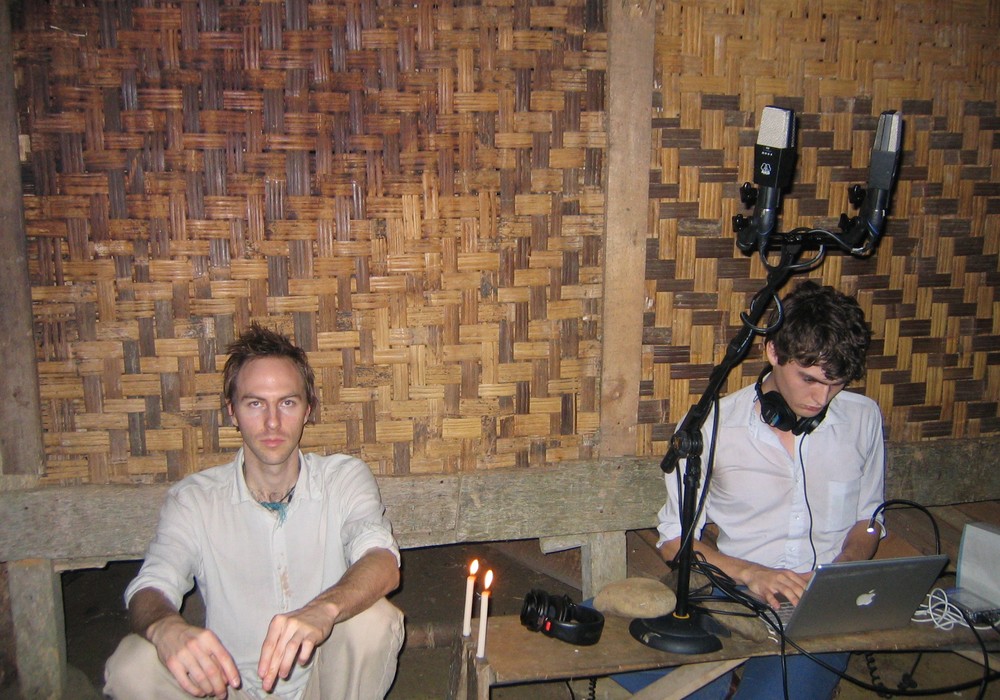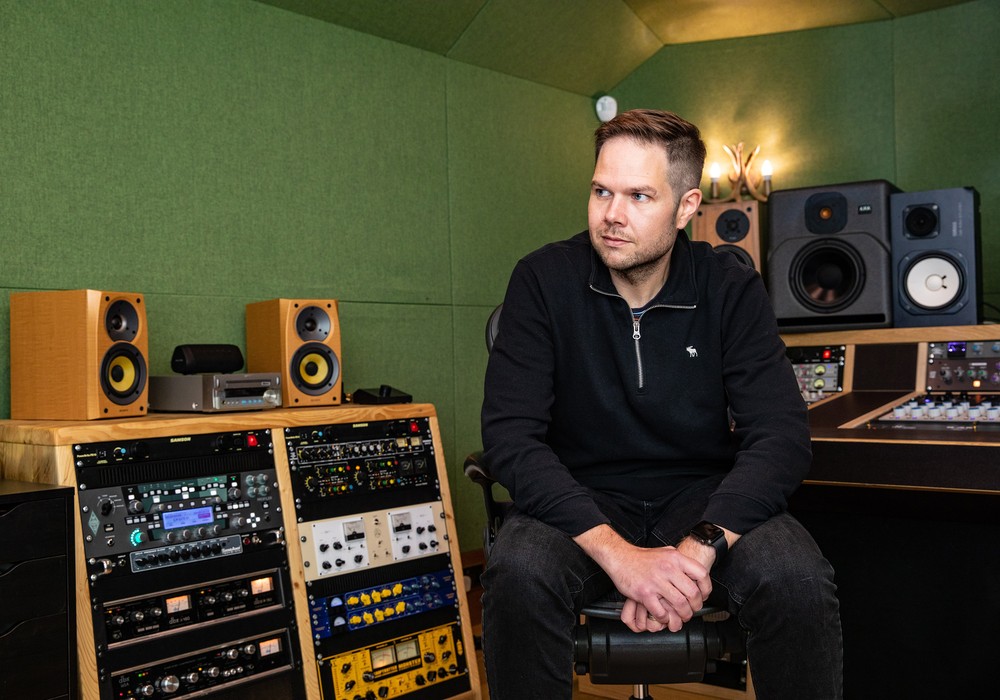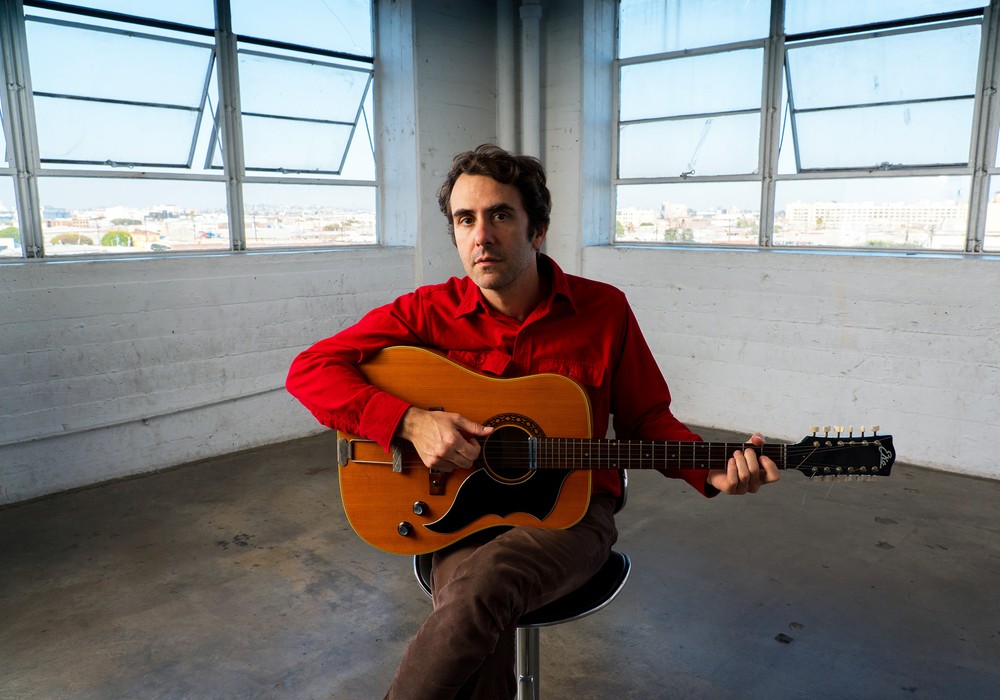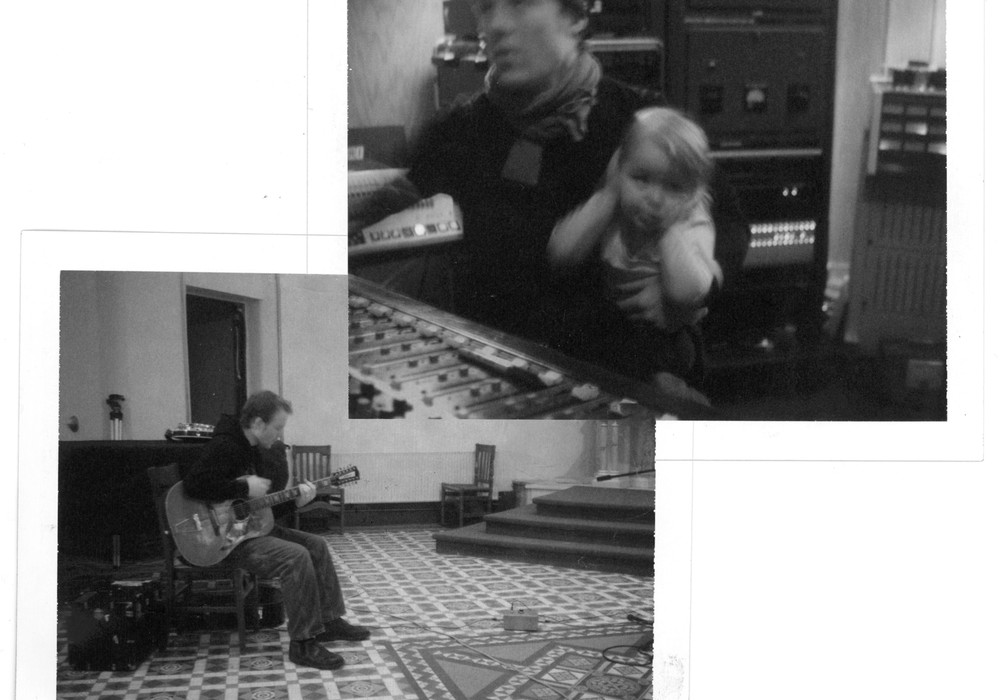From a not-so-obvious career path that began by servicing early samplers, to engineering parts of a Michael Jackson's HIStory, to his current life in England and mixing in the box, Andrew Scheps has certainly carved out his own path. He's worked with artists as varied as Adele, Red Hot Chili Peppers, Hozier, Rival Sons, Andrew Bird, Daughtry, Rancid, Tinariwen, Green Day, and Ziggy Marley. We finally got to meet, and in addition to being an engaging and sweet fellow, he also had a lot of thoughts about the mixing process as well as navigating the needs of his clients, something I spend a lot of time thinking about as well.
You went to University of Miami for the Music Engineering Technology program?
I was there at the same time as Joe Barresi [Tape Op #23, #81] and John Paterno [#54] among others; really great people. It was a really good time there. I thought I would go intern at a studio, but a friend of mine graduated a year before and had a gig at New England Digital. He said, "They're looking for someone for the L.A. office. Do you want to do that?" They had a small [New England Digital] Synclavier [digital synthesizer/ sampler] at Miami, and I'd messed around with it and thought it was really cool. I could get paid to work, instead of working at a studio for free? I thought, "Yeah, I'll go do that for a bit."
For our readers who don't know, what was a Synclavier?
Well, along with the Fairlight CMI and the WaveFrame, those were the three first digital audio devices that were meant to be used in a studio to make music. MIDI wasn't a standard yet. The Synclavier started with FM synthesis; then they had monophonic sampling, which was basically one-shot triggering off of a disc. If you had a drum kit, your snare drum cut off the cymbal sound. They built it all from scratch. The CPU was like a Class A CPU: two circuit boards with a lot of cables going between individual components, and they were crazy good at doing certain kinds of math. Once they had polyphonic sampling, if you were sequencing drums and you wanted the kick drum louder, you would copy the kick drum track, because it was all sample-accurate. It would be louder because it was triggering twice. Crazy tight timing. I worked with New England Digital doing field service to fix the Synclaviers in L.A. and then in England. They had a London office.

Were you exposed to a lot of studio scenarios by doing that?
Yeah, I'd get a call. By the time I was working for them, they had polyphonic, 32-voice sampling. It would cost hundreds of thousands of dollars, and it would be the centerpiece of the session. They would break, and I was the guy they'd call to come over; I'd bring a bunch of circuit boards and fix it. It meant that I was in sessions with all the people who had shit tons of money.
No one was buying rigs like that without tons of money.
No. If I was in L.A., it meant I got to go up to Frank Zappa's house, or visit Mark Knopfler [Tape Op #97] in London. I went to AIR Studios when it was still in Oxford Circus [London]. I'd get it working but they wouldn't trust it, so they made me stick around. "Yeah, sure. I'll stay for an hour."
What were you picking up in these rarified environments?
Just the sheer scale, and the panic of how much money people were spending per hour. Especially having an orchestra out there with a click track. Understanding the pressure of that; but also the opposite, where they were in these big budget sessions and they were going to stay in the studio until the album's done.
Mark Knopfler would be a good example.
Yeah, and Sting. They had this gear because it helped them make the records exactly the way they wanted. My introduction to the idea of record making was that you made the record you wanted to make. There weren't reasons not to do it; you'd never make an excuse for it. That was the extreme version, where you could afford to do it that way. But then you could carry it on to the home studio idea, where if you're tired, you go to bed, but then you wake up and work on it some more. If you can make a good record in a week, that's awesome. But you can't make a mediocre record and say, "Oh, well. I only had a week." Not even perfectionism, like in a Steely Dan way, but perfectionism for your art. What's the point in...
